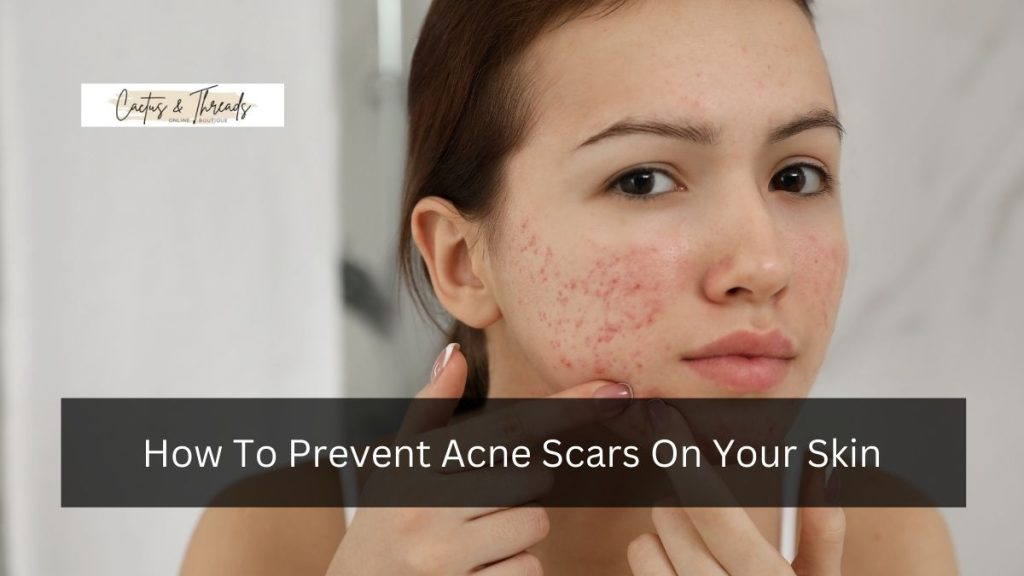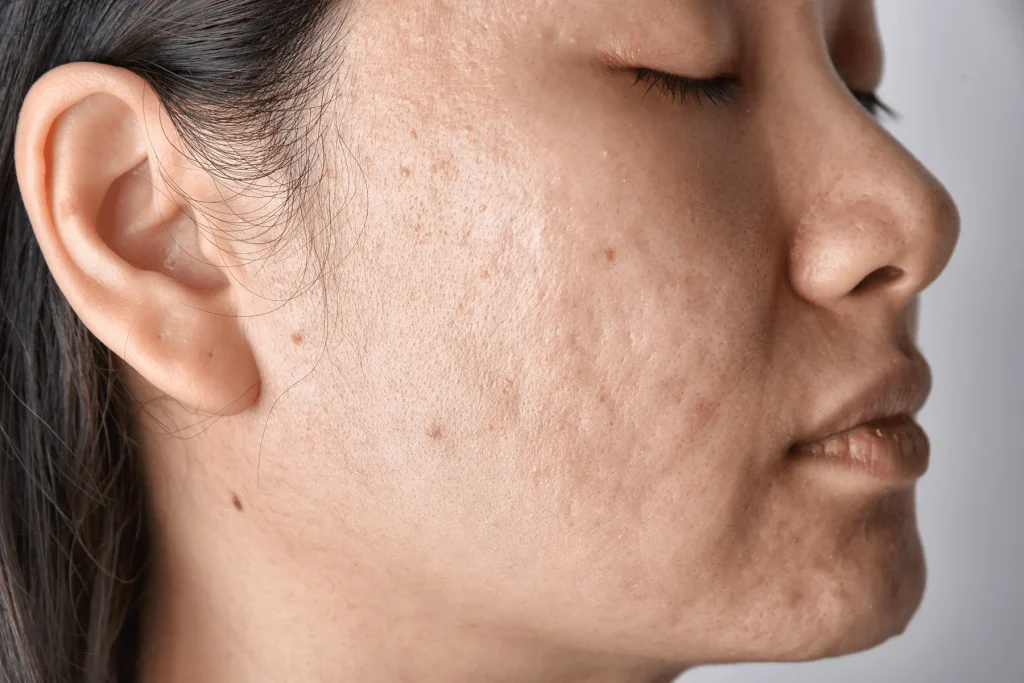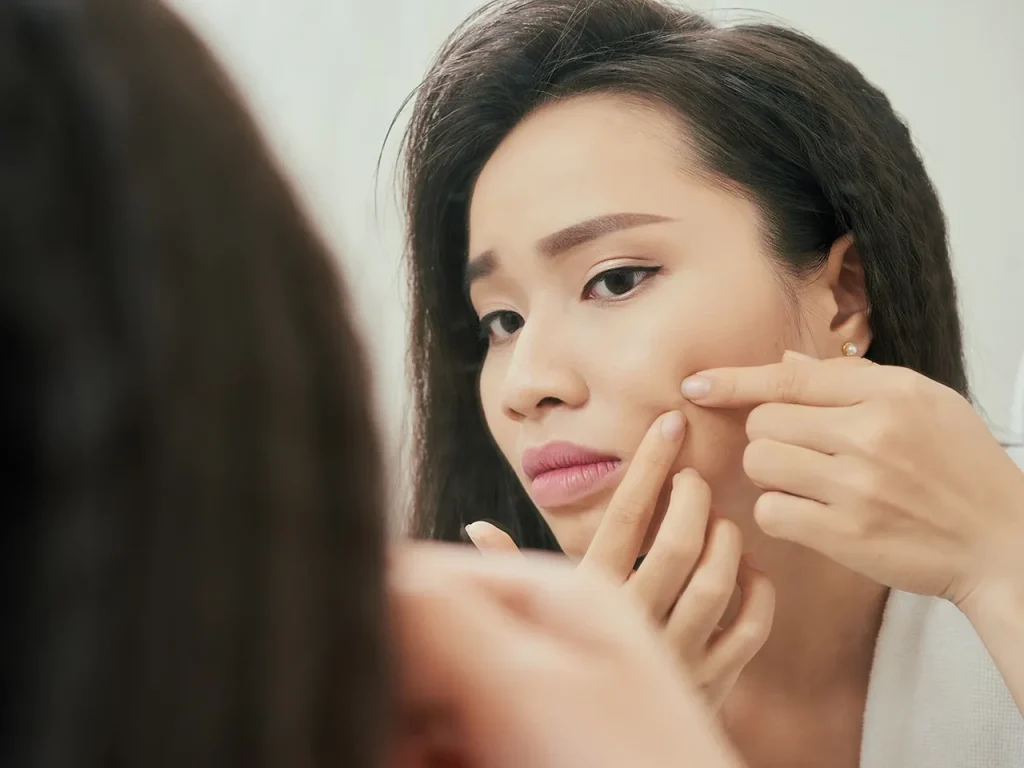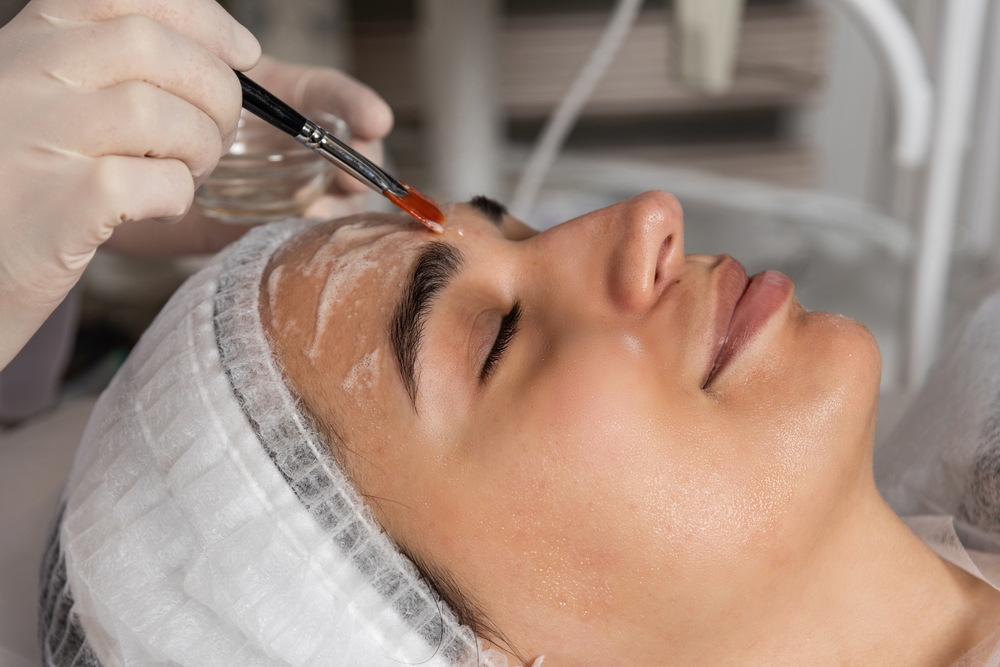
Acne scars can be a frustrating and often long-lasting reminder of past breakouts. While many people experience acne at some point, not everyone develops scars. Preventing acne scars requires both effective acne management and proactive skincare habits.
With the right approach, you can minimize the risk of scarring and maintain a smoother, clearer complexion. Here’s a comprehensive guide on how to prevent acne scars and achieve healthier skin.
1. Understand What Causes Acne Scars

To effectively prevent acne scars, it’s essential to understand what causes them. Acne scars form when breakouts penetrate deeply into the skin, damaging tissues and triggering an inflammatory response. As the body tries to heal, it produces collagen, which, if overproduced or insufficient, can leave visible scars. Two common types of acne scars include:
- Atrophic scars: Depressed scars resulting from a loss of tissue, common in severe acne cases.
- Hypertrophic scars: Raised scars caused by excess collagen production.
By addressing acne effectively and preventing inflammation, you can reduce the likelihood of scar formation.
2. Start with a Consistent Skincare Routine
A well-planned skincare routine is essential for preventing breakouts and, consequently, acne scars. A consistent routine helps keep pores clear, reduces inflammation, and promotes faster healing.
- Cleanse twice daily: Use a gentle, non-comedogenic cleanser in the morning and evening to remove dirt, oil, and impurities.
- Exfoliate: Use a chemical exfoliant like salicylic acid or glycolic acid 2-3 times a week to clear dead skin cells and prevent clogged pores. Avoid physical scrubs, as they can irritate active acne and cause scars.
- Moisturize: Keeping the skin hydrated is crucial, as dry skin can lead to excess oil production, causing more acne. Opt for a lightweight, non-comedogenic moisturizer.
A consistent routine not only prevents acne but also provides a balanced environment for your skin to heal more effectively, reducing the chances of scars forming.
3. Don’t Pick or Squeeze Pimples

One of the most effective ways to prevent acne scars is to resist the temptation to pick, squeeze, or pop pimples. Doing so can damage deeper layers of skin, lead to infections, and create an inflammatory response, increasing the risk of scarring. Here are some reasons to avoid touching your acne:
- Minimizes inflammation: Picking at acne increases inflammation, which can trigger more scarring.
- Prevents bacteria spread: Squeezing pimples can push bacteria deeper into the skin, causing more breakouts.
If you need to address a particularly painful or inflamed pimple, consider visiting a dermatologist who can perform extractions professionally and safely.
4. Use Targeted Treatments for Active Acne
Using effective acne treatments can help control breakouts and minimize the chances of scars forming. Here are some common options:
- Benzoyl Peroxide: This ingredient kills acne-causing bacteria and reduces inflammation. Start with a low concentration if you have sensitive skin.
- Salicylic Acid: A beta-hydroxy acid that unclogs pores, reduces redness, and has anti-inflammatory properties, making it ideal for acne-prone skin.
- Retinoids: Retinoids are derived from vitamin A and help accelerate cell turnover, reduce acne lesions, and prevent scar formation. They also work to fade post-inflammatory hyperpigmentation.
Always follow product instructions and use these treatments as directed. For stronger options, consider consulting a dermatologist for prescription treatments.
5. Consider Professional Treatments for Persistent Acne
Sometimes, at-home treatments may not be enough to prevent acne and potential scarring. Professional treatments can help manage severe acne, providing a targeted approach to clear skin. Some options include:
- Chemical peels: These treatments exfoliate the top layer of skin, reduce breakouts, and lighten dark spots from acne.

- Microneedling: This procedure stimulates collagen production, reduces the appearance of acne scars, and can be helpful in preventing new scars from forming.
- Laser therapy: Laser treatments target acne and scar tissue, improving the overall texture and tone of the skin.
Professional treatments should always be performed by a licensed dermatologist to ensure safety and efficacy. Regular sessions may be required to see the best results.
6. Protect Your Skin from the Sun
Sun exposure can darken acne scars and make them more noticeable. Ultraviolet (UV) rays can worsen post-inflammatory hyperpigmentation and slow down the skin’s natural healing process. To prevent scars and improve skin tone, follow these sun-protection tips:
- Use broad-spectrum SPF 30 or higher: Apply sunscreen every day, regardless of weather, to protect your skin from harmful UV rays.
- Wear protective clothing: A wide-brimmed hat and sunglasses provide additional protection when spending extended time outdoors.
- Reapply sunscreen every 2 hours: Reapply more frequently if you’re sweating or swimming.
Sun protection is essential year-round, as even minimal exposure to UV rays can worsen acne scars.
7. Stay Hydrated and Maintain a Balanced Diet
What you eat and drink can have a significant impact on your skin’s health. Staying hydrated and eating a balanced diet can reduce inflammation, promote healing, and prevent acne flare-ups.
- Drink plenty of water: Proper hydration keeps skin cells plump, helping them heal faster and reducing the chances of scar formation.

- Limit high-glycemic foods: Foods like sugar and refined carbs can lead to insulin spikes, which may trigger acne.
- Include antioxidants: Foods rich in vitamins C and E, like berries, spinach, and nuts, help fight inflammation and support skin repair.
Incorporating these dietary habits into your routine can support your skin from the inside out.
8. Practice Patience and Stay Consistent
Preventing acne scars takes time, and it’s essential to remain patient with your skincare routine. Avoid frequently switching products, as this can irritate your skin and disrupt the healing process. Give treatments enough time to show results, typically 6-8 weeks, and maintain consistency for the best long-term results.
Conclusion:
Preventing acne scars is achievable with a proactive approach to skincare, sun protection, and healthy lifestyle habits. By cleansing your skin regularly, using targeted treatments, avoiding the urge to pick at pimples, and considering professional care if necessary, you can effectively reduce the risk of scarring.
Remember, consistency is key, and by following these tips, you’ll be well on your way to clear, scar-free skin that radiates confidence.
READ ALSO:







